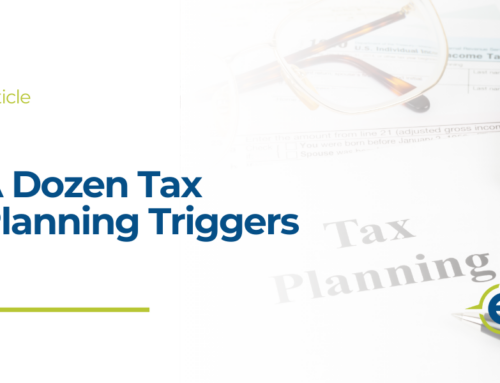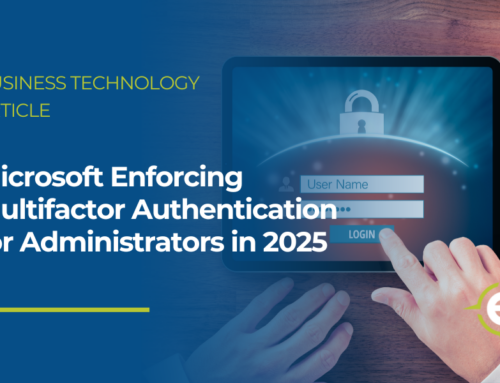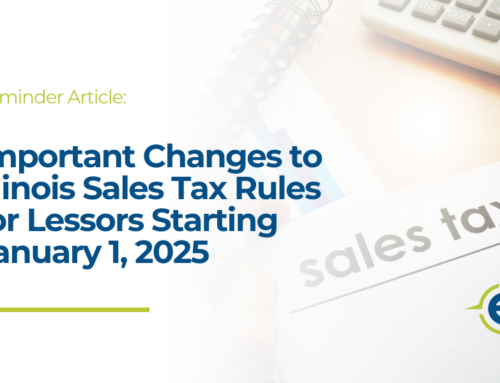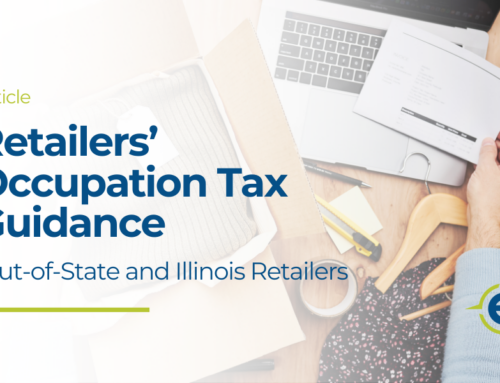Identifying Tax Scams
New tax scams crop up every day. So why not take a different approach by educating yourself on how to identify them before they get to you, your identity, or your money? Here are tips everyone should know.
While anyone can be a target of scammers, thieves usually target those that are most likely to respond to their scheme. So if you fit into one of these categories, your scam meter should go way up.
- Elderly: The elderly are targeted because they tend to trust others and are generally less tech-savvy.
- Students With Debt: Students with tremendous debt are quick to respond to refunds and often lack the real-life experience to identify thieves.
- Immigrants: Immigrants also can be a target because English may not be easily understood. It is easy to threaten resident status, and there is a lower understanding of the process.
- Social Media Users: Heavy social media users tend to be more willing to give away their identity or click on things.
So if one of these groups describes you, understand you’ll be the subject to a scam…probably every year.
You would never give your car keys to a complete stranger. So keep that thought in your mind when it relates to your identity and money. Drive your own car when it comes to scams. You can do this in many ways. Take control by knowing:
- IRS and collection agents always use the mail for initial contact. Never via email, online, or phone.
- With any non-mail contact, hang up the phone or delete the email. Never click on any links or go to a website directed by a stranger.
- Never respond directly. Ask any IRS agent for their pocket commissions and HSPD-12 card. Then go to the IRS website, get the appropriate phone number, and call to task if the person is legitimate.
Scammers will often claim to be from:
- The State
- Local Law Enforcement
- Social Security Department
- Advocacy Groups
If they say they are legit, they can send you something in the mail on official letterhead. But NEVER give them your personal address or information. They should already have it. And never confirm any of your information over the phone.
All payments are made out of the US Treasury and are sent only to approved addresses or direct deposit. This can be found on the IRS website. There are no exceptions to this.
When in doubt, always question.







